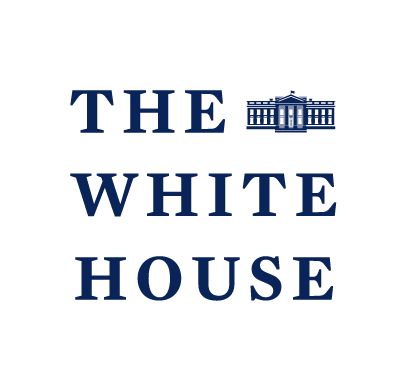167 reads
The U.S. Advocates for Trusted Data Flows and Multistakeholder Digital Governance
by
May 14th, 2024
Audio Presented by

The White House is the official residence and workplace of the president of the United States.
About Author
The White House is the official residence and workplace of the president of the United States.
